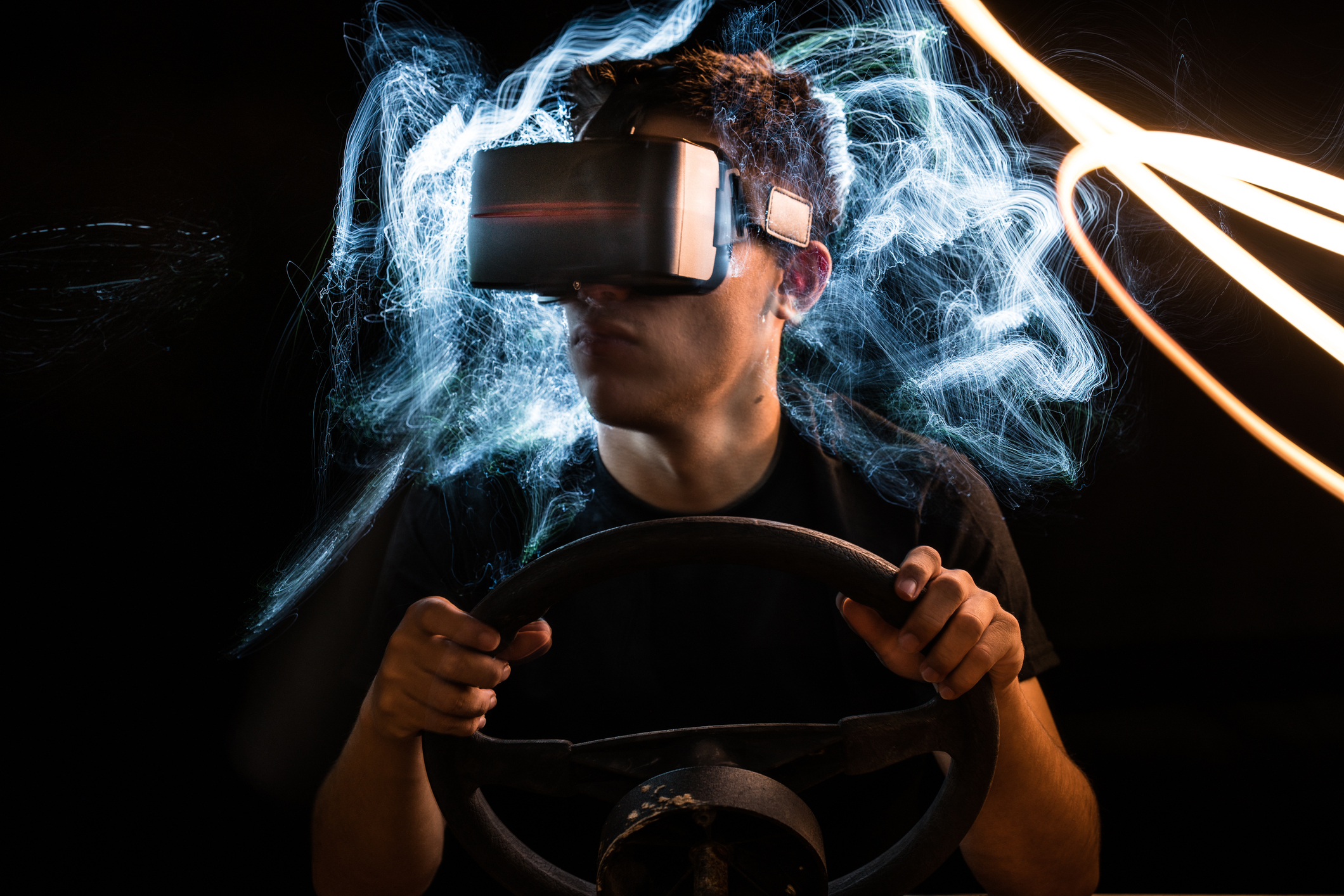Technocrats are imposing foreign law on American jurisdictions.
Driving the Future

The call is coming from inside the car.
Your driving habits might be secretly influencing more than just your road safety—they could be impacting your wallet, too. While everyone knows about credit scores, fewer are aware of the existence and potential consequences of a driver score. This score reflects various aspects of your driving behavior, including how often you brake suddenly, exceed speed limits, use your phone while driving, or operate your vehicle late at night. Auto insurance companies have increasingly been leveraging this data to adjust insurance rates, aiming for a more accurate reflection of the risk posed by individual drivers.
In the past, for rather obvious reasons, auto insurers struggled to encourage consumers to participate in usage-based insurance plans, which monitor driving behaviors to adjust rates accordingly. Consequently, the industry has adopted alternative methods to gather driving data, such as collaborating with automakers or utilizing existing smartphone apps already in use by drivers. Despite the widespread collection of such data, many individuals remain unaware of the extent to which their driving behaviors are being monitored by insurance companies.
The implications of such data collection extend far beyond insurance rates, touching upon broader concerns surrounding personal freedom and privacy. Recent legislative efforts, such as the mandate for new cars to be equipped with a “kill switch” feature by 2026, raise significant questions about government control over vehicles and the potential misuse of such technology.
Despite misinformation from fact-checkers, the Biden administration’s 2021 major infrastructure bill actually requires that all new cars be equipped with a “kill switch” feature. This feature is intended to enable the remote stopping of vehicles in high-risk scenarios, such as when evading law enforcement. Proponents argue that this technology can prevent dangerous high-speed chases and potentially save lives. Organizations like Mothers Against Drunk Driving (MADD) have welcomed the move, viewing it as a tool to combat drunk driving and enhance public safety.
However, the reality of this technology’s implications extends far beyond its intended purpose. Imagine a scenario where hackers manage to gain control of these kill switches. With cybersecurity threats becoming increasingly sophisticated, this is not a far-fetched possibility. A hacker with malicious intent could disable vehicles en masse, creating chaos and endangering lives. Such an attack could paralyze transportation networks, disrupt emergency services, and put millions at risk. The notion of a hacker having the ability to shut down any car at any moment is a chilling prospect, turning what was once a means of safety into a potential weapon of mass destruction.
The government’s control over these kill switches also raises significant concerns about privacy and personal freedom. The power to disable a vehicle remotely can be misused, potentially leading to scenarios where vehicles are stopped without due process or in violation of individual rights. This kind of power could be exploited for political purposes or used to suppress dissent, making the idea of a kill switch deeply troubling in an ostensibly democratic society.
There are indeed more effective and less intrusive ways to address issues like drunk driving. In-car breathalyzers, for instance, offer a direct solution to prevent habitual drunk drivers from operating vehicles, without the need for remote intervention. These devices require drivers to pass a breath test before the car can start, ensuring that those under the influence cannot drive. Additionally, advancements in driver assistance technologies, such as lane-keeping assistance and automatic emergency braking, can significantly reduce accidents without the invasive nature of a kill switch.
Beyond the kill switch, California lawmakers are pushing for new cars to include speed governors, which would prevent drivers from exceeding the speed limit by more than ten miles per hour. While this measure aims to improve road safety, it also adds another layer of control over drivers. Speed governors could prevent drivers from making necessary maneuvers in emergencies, where exceeding the speed limit briefly might be crucial to avoid an accident or get out of harm’s way.
As is clear to see, the integration of such controls marks a significant shift towards increased surveillance and regulation within our personal vehicles. Cars have traditionally been a sanctuary of sorts, offering a private space where individuals could think, talk, and travel freely. With the introduction of these technologies, cars are becoming another node in the network of surveillance, constantly monitored and controlled. The data collected through these systems could be used to track movements, analyze driving habits, and even predict behaviors, eroding the sense of privacy that was once intrinsic to driving.
The increasing surveillance and control of cars are part of a broader trend towards the digitization and regulation of personal freedoms. In an era where technology is seamlessly integrating into every facet of our lives, the encroachment of technology into our personal vehicles marks a significant shift. Cars, once a symbol of individuality and independence, are now becoming another platform for data collection and remote control. This trend is not isolated to automotive technology but reflects a wider societal shift towards increased monitoring and control, often justified by the promise of safety and convenience.
Technological advancements should aim to enhance our quality of life without compromising our fundamental rights. Kill switches and speed governors should worry any citizen who values their freedom.
The American Mind presents a range of perspectives. Views are writers’ own and do not necessarily represent those of The Claremont Institute.
The American Mind is a publication of the Claremont Institute, a non-profit 501(c)(3) organization, dedicated to restoring the principles of the American Founding to their rightful, preeminent authority in our national life. Interested in supporting our work? Gifts to the Claremont Institute are tax-deductible.
Mayo Clinic’s partnership with Google is a harbinger of the coming Big Tech tyranny.
Marc Andreessen’s boosterism is naïve and unproductive.



